#julia ormond
Text


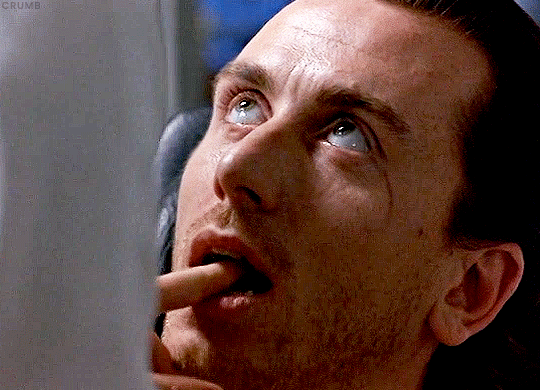
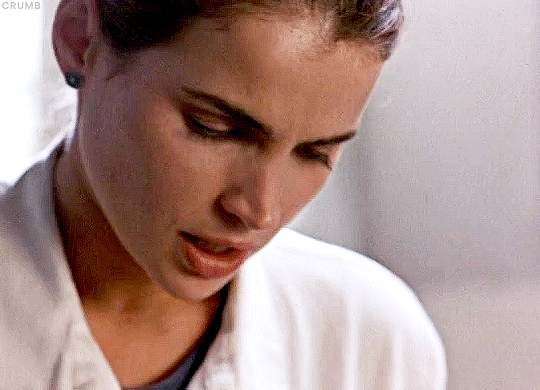
CAPTIVES
1994 | dir. Angela Pope
#tim roth#julia ormond#Angela Pope#dailyflicks#filmedit#cinemapix#filmtvdaily#filmtvsource#filmtvcentral#dailyfilmsource#fyeahmovies#userfilm#crumbedit
286 notes
·
View notes
Text



GUINEVERE:
Love has many faces.
I may look on you differently but not with less love.
FIRST KNIGHT
1995, dir. Jerry Zucker
#i was 8 when this movie taught me the concept of marriage of convenience. truly formative.#first knight#julia ormond#sean connery#filmedit#filmgifs#fyeahmovies#romanceedit#moviegifs#movieedit#90sedit#dailyflicks#romancegifs#perioddramaedit#periodedit#tusereliza#weloveperioddrama#junkfoodcinemas#userfilm#bbqueue
560 notes
·
View notes
Text
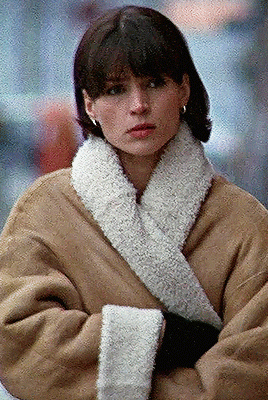

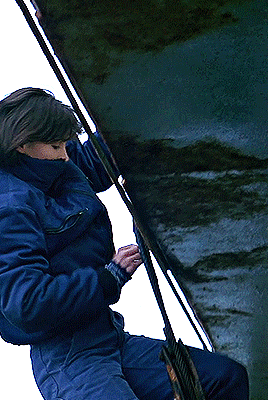

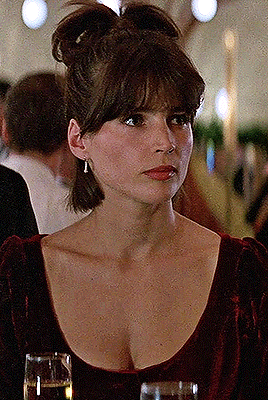
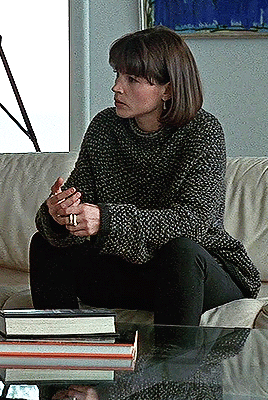

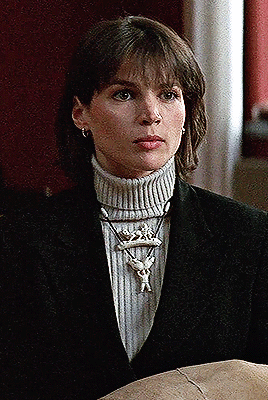
JULIA ORMOND + looks
Smilla's Feeling for Snow (1997)

#filmedit#90sedit#julia ormond#smilla's feeling of snow#costume design#90s fashion#fashion#moviesedit#mygifs#mikaeled#userlenny#femaledaily#filmgifs#moviegifs#userstream
141 notes
·
View notes
Text

But…not really a surprise?
She was one of those actresses that was briefly big in the 90s…and then just disappeared.
Similar to Mira Sorvino or Ashley Judd, you suspected something Weinstein-related had happened there.
Shame. She was excellent in the Sabrina remake. Harrison Ford always looked totally mesmerised by her.
165 notes
·
View notes
Text
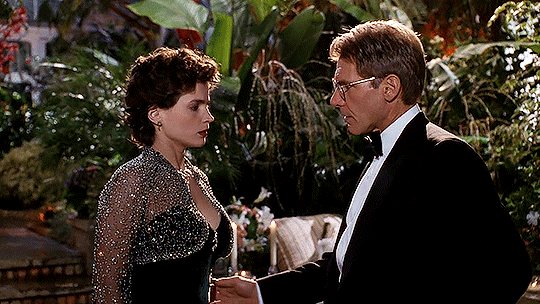
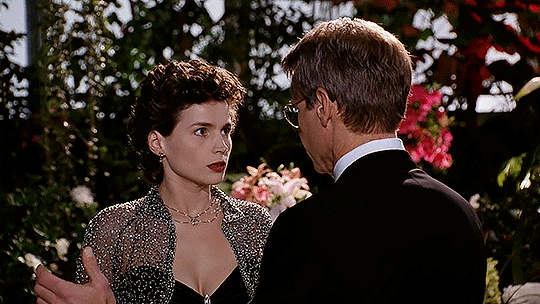
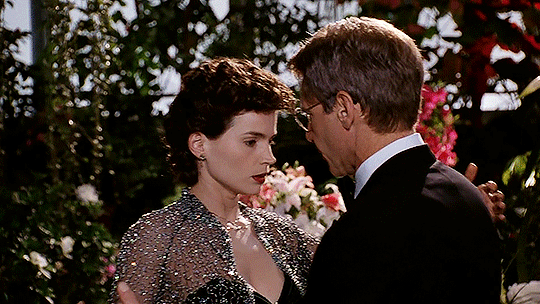

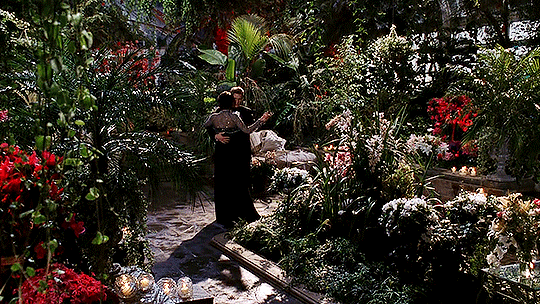
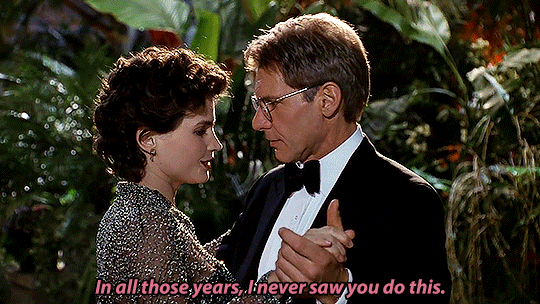

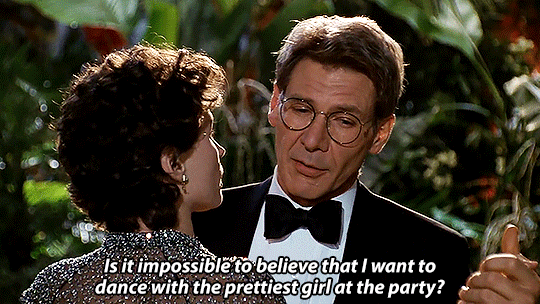


Sabrina (1995)
#sabrina 1995#harrison ford#julia ormond#sabrina fairchild#linus larrabee#fyeahmovies#filmgifs#romancegifs#movieedit#moviegifs#movies#my gifs#i very much enjoyed this adaptation#obviously i'm gonna have to rewatch the original tonight#for the hundredth time
141 notes
·
View notes
Text
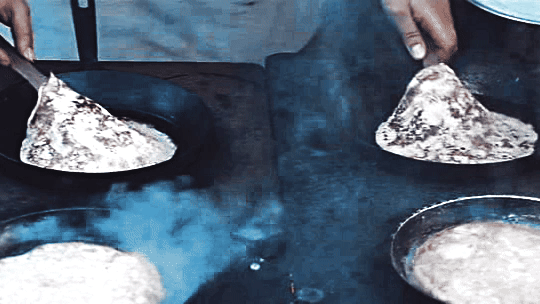
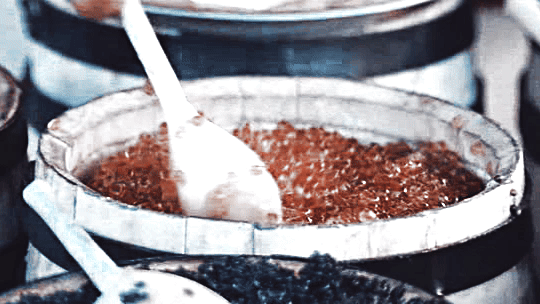

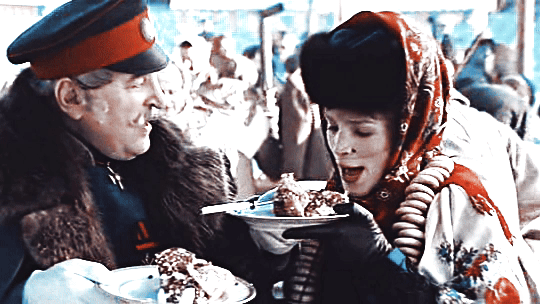
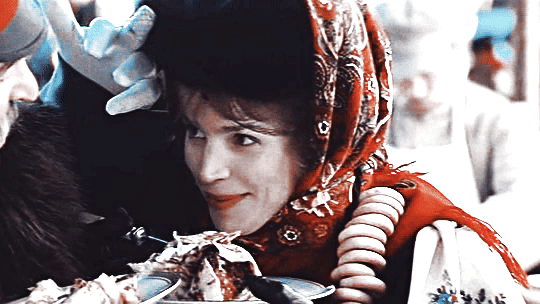
MASLENITSA WEEK 2024 - DAY SEVEN ☼
Сибирский цирюльник / The Barber of Siberia (1998) dir. Nikita Mikhalkov ☼
#зачем я посмотрела это говно#три часа жизни вникуда#почему меня никто не предупредил#walterkov#сибирский цирюльник#the barber of siberia#julia ormond#dailyworldcinema#maslenitsa#maslenitsa 2024#масленица#movieedit#moviegifs#filmedit#filmgifs#perioddramagif#perioddramasource#perioddramaedit#weloveperioddrama#dailyflicks#cinemapix#femalescharacters#ladiesofcinema#dailywomen#dailywomansource
53 notes
·
View notes
Text
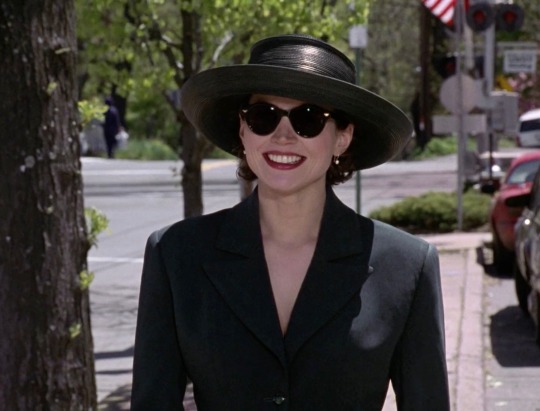
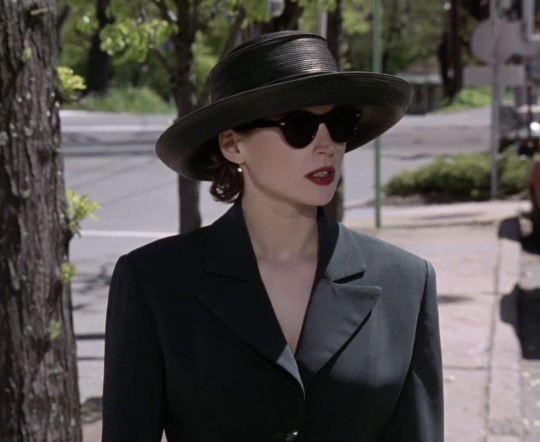
Clean and sophisticated.
Sabrina (1995)
#sabrina#sabrina fairchild#sabrina 1954#sabrina 1995#julia ormond#harrison ford#greg kinnear#sydney pollack#john williams#rom com#romance#1990s#films#movies#style#fashion#audrey hepburn#fall playlist
96 notes
·
View notes
Text

NEW: Julia Ormond, best known for roles in '90s films such as “Legends of the Fall,” is suing Harvey Weinstein, alleging he assaulted her in 1995. What makes this suit so interesting is she is also suing CAA, Miramax & Disney, alleging they were enablers.
67 notes
·
View notes
Text
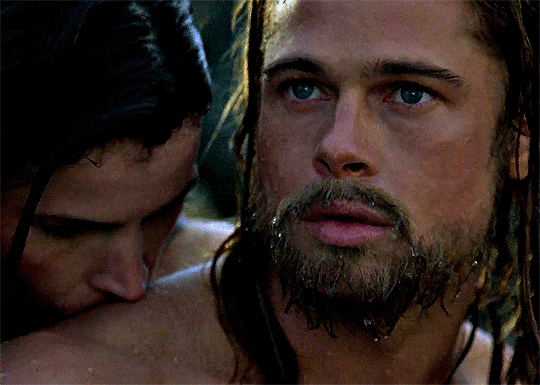
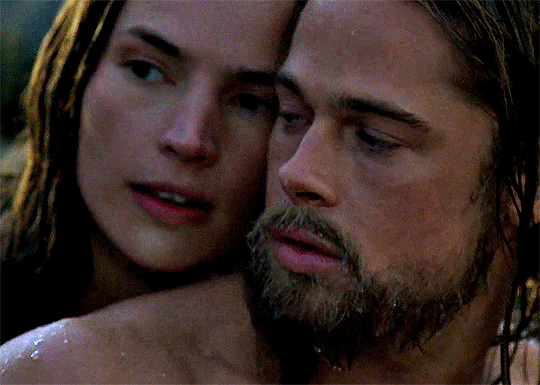
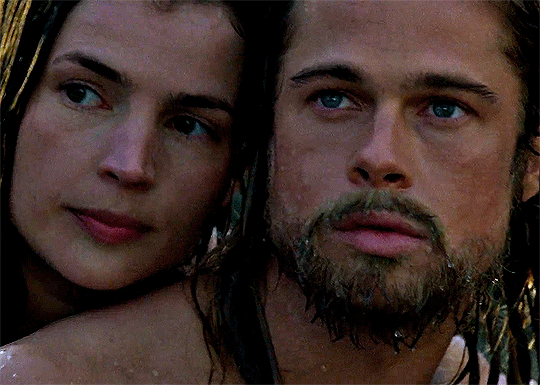
Julia Ormond and Brad Pitt as Susannah Fincannon-Ludlow and Tristan Ludlow in Legends of the Fall (1994).
#legends of the fall#julia ormond#brad pitt#movie#movies#movie edit#cinema#cinemaedit#gifs#filmedit#filmtvedit#tvfilmedit#filmgifs#film
25 notes
·
View notes
Text
ROBIN HOOD / MERLIN CROSSOVER:
Favorite Robin Hood Character Versions:
Robin Hood - Cary Elwes
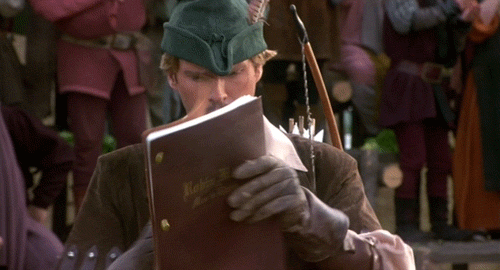
Maid Marian - Jenna Louise Coleman (Clara ! Doctor Who)
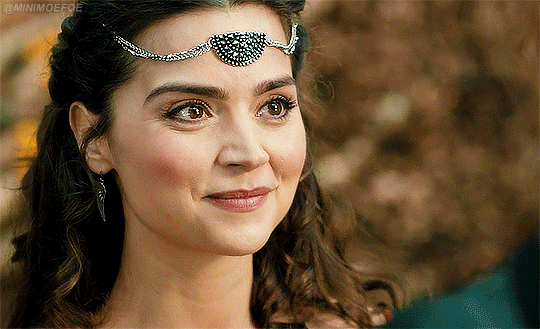
Sheriff Of Nottingham - Alan Rickman

Guy Of Gisborne - Richard Armitage
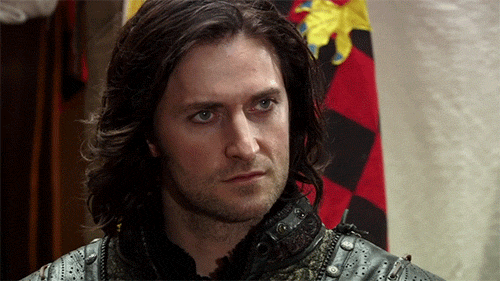
Favorite Merlin Character Versions:
Merlin - Sam Neill

King Uther Pendragon - Rutger Hauer
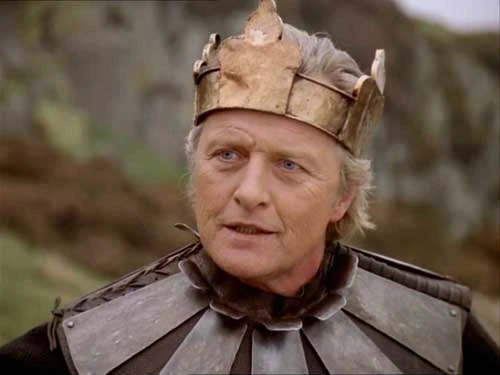
King Arthur - Sean Connery

Guinevere - Julia Ormond
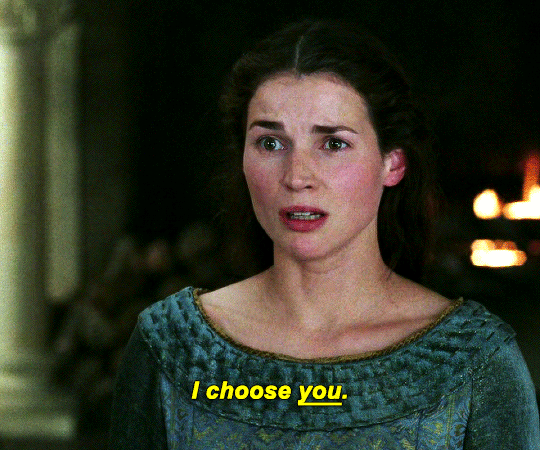
Sir Lancelot - Richard Gere

Morgana - Katie McGrath

#katie mcgrath#jenna coleman#jenna louise coleman#alan rickman#sam neill#julia ormond#cary elwes#richard armitage#rutger hauer#sean connery#richard gere#robin hood#merlin#crossover au#robin hood: men in tights#robin hood: prince of theives#maid marian#clara oswald#doctor who#sheriff of nottingham#sheriff george#guy of gisborne#merlin bbc#morgana#guinevere#king uther pendragon#king arthur#sir lancelot#first knight
27 notes
·
View notes
Text

#tv shows#tv series#polls#the walking dead: world beyond#julia ormond#nicolas cantu#alexa mansour#2020s series#us american series#have you seen this series poll
21 notes
·
View notes
Text
Who had "Paint the Victim as the real Villain" on their Bingo card?
42 notes
·
View notes
Photo




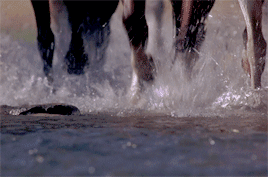
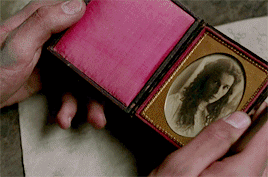
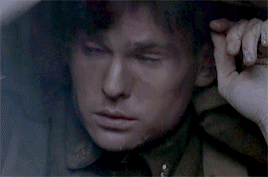


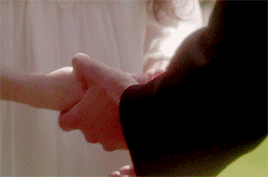
Legends of the Fall (1994)
#Legends of the Fall#filmedit#perioddramaedit#Brad Pitt#Julia Ormond#Henry Thomas#Aidan Quinn#Edward Zwick#Jim Harrison#my gifs#movie gifs
150 notes
·
View notes
Text
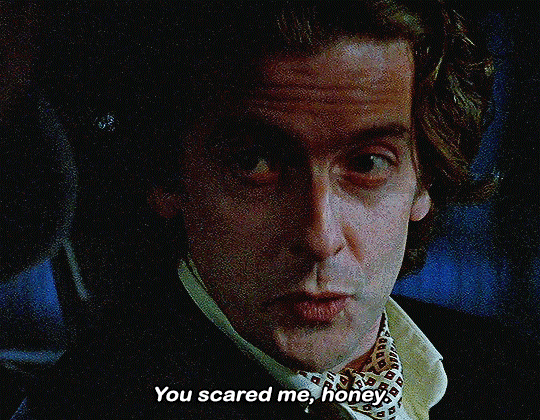
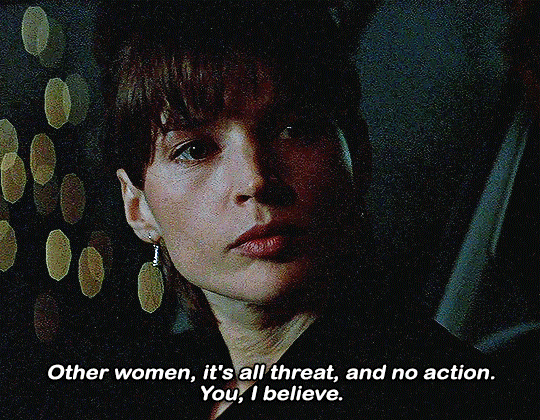
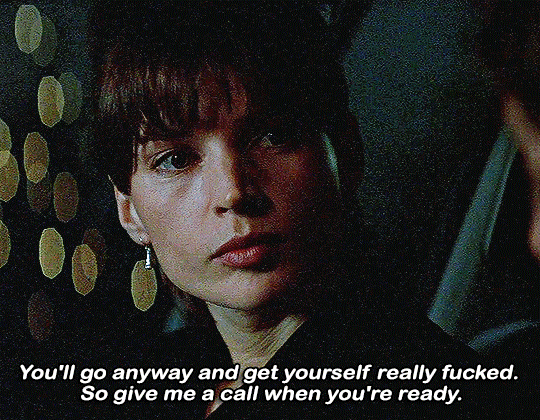
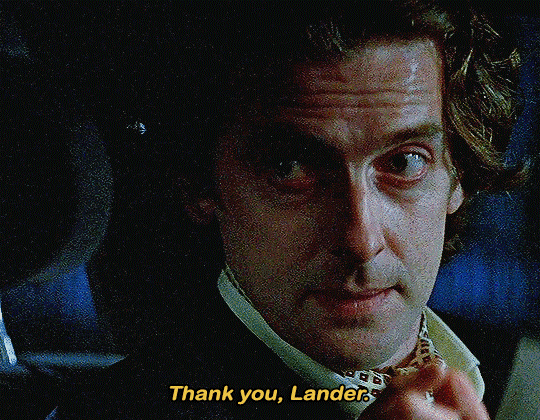
Smilla's Sense of Snow (1997) dir. Bille August

#filmedit#smilla's sense of snow#peter capaldi#julia ormond#90s movies#90sedit#moviesedit#mygifs#moviegifs#filmgifs#useroptional#cinemapix
94 notes
·
View notes
Text
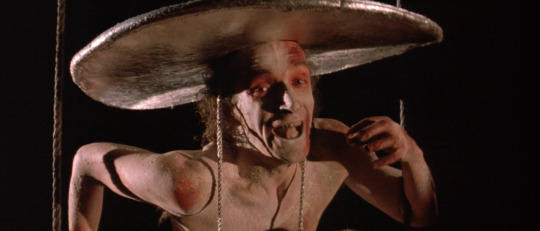

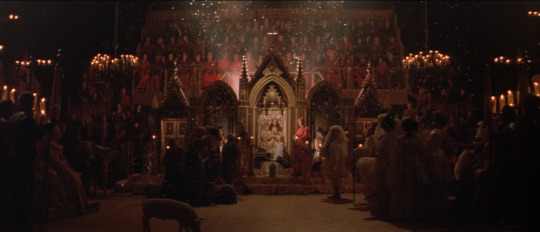
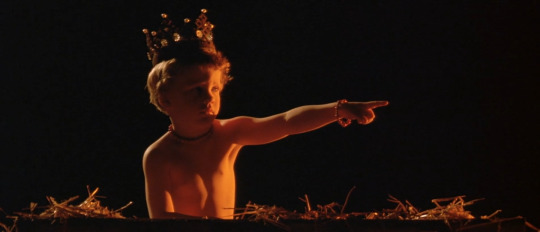
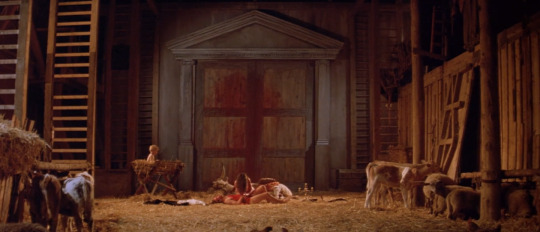
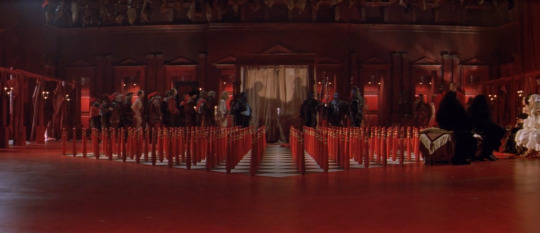
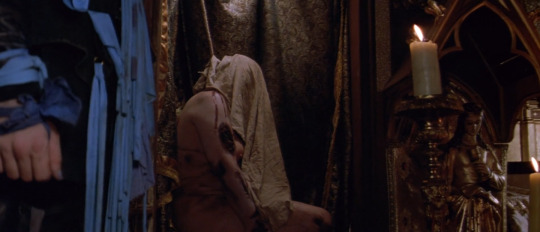
The Baby of Mâcon (1993) Dir. Peter Greenaway
#the baby of macon#peter greenaway#julia ormond#ralph fiennes#philip stone#film#films#movie#movies#edit
290 notes
·
View notes
Text
Musings on Gold Digger (2019)
** Warning contains major spoilers **
** Also warning: massively long-winded ramble **
Julia Ormond, Ben Barnes and an exploration of a may-december romance in the midst of complicated famillial dynamics and an underlying unease.
Both leads are very good. We see Julia Day (Julia Ormond) reclaim herself as she moves out of the roles to which she has been assigned, or perhaps more accurately, has assigned herself; while Benjamin Greene (Ben Barnes) treads the fine line of someone who is not entirely what he seems to be, and who in pursuing the path he has chosen, is moving both closer to, and further away, from what he needs. We all, or many of us at least, want to be known and loved for who we actually are.
The supporting cast are uniformly excellent, with each episode putting the spotlight on one of Julia's now-adult kids (Patrick, Della and Leo), her ex-husband (Ted), her ex-best-friend (Marsha), and her new lover.
The series poses a range of complex, thorny questions, such as what it means to take a much younger (or much older) lover; the immediate and long-term aftermath of domestic violence; the loss of confidence and trust following betrayal; the ripple effect of those pivotal moments that each of us have in our lives; and the small (and large) lies that we tell ourselves and each other.
Nearly everyone in Julia's life is openly and vocally "concerned" when she introduces the much younger Benjamin into her life, and the series also explores the cost of pursuing your own happiness in the face of others' disapproval.
For the most part, the two sons (Patrick and Leo) are Not Very Nice. While they are not necessarily unjustified in their concerns about Benjamin, and are each grappling with the fallout of their parents' shared history, how they act upon those concerns is rather unpleasant. (And slighly nonsensical. Patrick is a well-heeled lawyer, surely he would have hired a private investigater to do some digging?) Della, her daughter, is the most open of the three to their mother's new relationship. And while for the most part that isn't saying much, Della's growing acceptance and support of Julia's right to be her own person and the strength she demonstrates in doing so, make for a lovely subplot - particularly as it starts to positively impact her own life.
While the series asks a lot of questions, it doesn't necessarily answer them in a way that fully satisfies. We see Benjamin and Julia's attraction in numerous sex scenes, and it is fabulous to move from the early scenes, in which she turns off the light, to later scenes in which she has pushed aside some of her insecurities. But we don't see enough of their intellectual attraction, of the non-physical side of things, and of how they navigate the fact that in terms of cultural milieu, he has far more in common with her children than with her (sort of, that too is complicated). There are some lovely glimpses - the book of walks he gives her as a gift, for example, rather than ubiquitous and offensively-generic flowers. But their growing closeness is mostly given in montages of them walking around holding hands in various locales - we are rarely privvy to the intimate discussions that would show a deepening relationship.
Much goes unquestioned by Julia, which given her intelligence and life experience seems somewhat implausible, although perhaps newly discovered and unexpected love can make fools of us all? Her lack of curiosity about Benjamin's past, which clearly continues to affect him, or his financial situation (mid 30s, professional job, but about to be hounded by bailiffs?) is hand-waved away at one point. This is one of those instances where I cannot tell if it suboptimal writing (maintaining suspense at the cost of characterisation) or very clever writing (Julia tends to avoid conflict; her reluctance to ask questions to which she doesn't necessarily want to know the answer has precedence). Herein lies the dilemma of suspense-based drama: in keeping Benjamin an relatively unknown quality we lose the opportunity to get to know him and Julia as a couple, and that becomes problematic later on.
We experience Julia's growth as she takes responsibility for her own destiny, eventually starting to question what it is that Benjamin isn't telling her, and taking the necessary steps to find out more. And when she finds out more, and it is rather confronting, she still chooses to listen before coming to her own conclusions. But we don't see the same for Benjamin. His journey is more opaque, and because we only get very few snippits of his life before Julia, is largely for the viewer to infer, or only becomes evident after the fact. He wants to run away when things start to close in on him, but he doesn't. Ultimately his hand is forced and he breaks a long-held agreement with his brother to put his own needs first. (There is a small subplot about an engagement that didn't happen; a former girlfriend broke up with him the day he proposed, and one wonders if it was because he also told her the truth about his past.)
There are interesting contrasts between Benjamin and Ted. Both are outwardly well put together, but neither are what they seem. Ted is successful, wealthy and enmeshed in entitled middleclass-ness, while Benjamin is not, despite his facade of the urbane younger man.
But the outward trappings hide the fact that Ted is controlling and violent, while Benjamin - despite what the criminal justice system would say - is neither. And that contrast is backed up by the scene with Ted in the forest on the morning of the wedding, compared with that with Benjamin on the beach (in which Julia asks him to not touch her, and he listens and respects her wishes instantly). Even throughout the argument with his newly re-emerged brother Kieran, which escalates into low-level violence, Benjamin only ever reacts, never instigates.
And it would be entirely remiss of me not to mention Marsha, who has made her own bed, unfortunately with Ted in it. We meet Marsha just as she is beginning to realise the extent of the poor bargain she's made, and it really only gets worse.
I am still not sure whether the series simply had very high expectations of the viewer, or whether the script spread itself too thin and undercut itself. The distrust and deception that flows throughout the series was almost catching, and in the face of it I wanted stronger closure, a deeper resolution of the issues that came to light late in the piece. In the absence of that, Kieran's words after the fight with Benjamin resonate just a little too strongly for me. Are they actually in love with one another, or are they in love with what the other represents to them?
Is Benjamin a gold digger? Not, I think, in the traditional sense of the term. He sees in Julia an embodiment of the life he wants to have, but had always been excluded from. My take is that the attraction and burgeoning love is real, but that it is also inseparable from her aura of wealth, education and intellect, which are an integral part of who she is and how she moves through the world.
He was certainly not honest with her, and that also poses an interesting question about how much of our ourselves, and our actions, we can mask, ignore or conceal before sliding into deception or disaster. Alongside Benjamin editing his past to hide a terrible act (in which he played a supporting role but shouldered much of the consequences), we have a younger Julia peddling the fiction that all was well with her (first) marriage, Ted hiding his violent streak, Patrick having an affair, Leo knowing about Ted and Marsha but not telling his mother. The list goes on.
The lingering disquiet of how much of Benjamin is a performance, and how much is real, never quite leaves. We do see sharper edges to him at times, which are in keeping with what is revealed about his past (you couldn't come out of young offenders unscathed, and you certainly wouldn't get through it without developing some pretty decent survival mechanisms), although Julia herself is not privvy to them. It is in the rawness and desperation of a couple of his reactions that a measure of confirmation is provided that his feelings towards Julia are genuine. There is a two-fold element of unreliable narration with Benjamin, yet it feels not entirely unreasonable to conclude that Benjamin the construct is underpinned by a longstanding and deep-seated need, and has largely become Benjamin the actual. But how recent was this process, and was it a legitimate one? We don't ever really find out, and that matters when it comes to our central conundrum.
But as may have become evident throughout this long-winded ramble, one of my own personal failings is that I like my fictional endings to be happy, and unambiguously so. I want Julia to enjoy her 'after', just as much as I want Benjamin to revel in the safety and belonging she provides. So holding onto a suitable measure of optimism (or perhaps of wishful thinking - our characters may not be alone in their penchant for self-deception), let us now return to their wedding reception and one of my favourite scenes. Watching a truly beguiling Julia invite Benjamin to dance, and an utterly charming Benjamin follow her onto the dance floor, made me smile. A lot. And with that in mind I am going to find myself a glass of champagne, ensure my best smile is firmly in place, and head out onto the dance floor to wish the two of them my very best.
#gold digger#gold digger 2019#julia ormond#ben barnes#will I still agree with most of this on a rewatch? Who knows.#gold digger series#julia day#benjamin greene#long-winded ramble because there can be no other type
15 notes
·
View notes